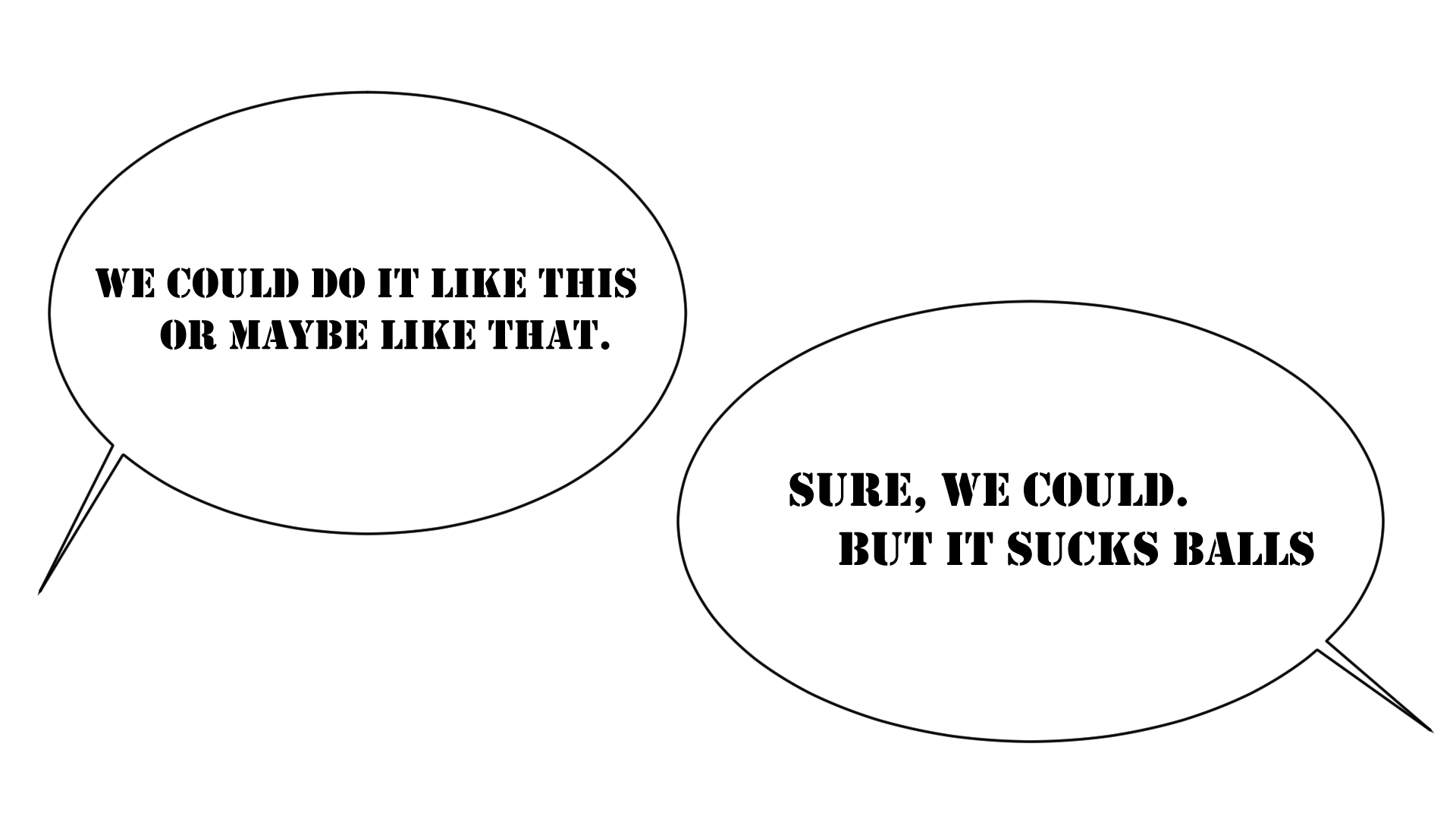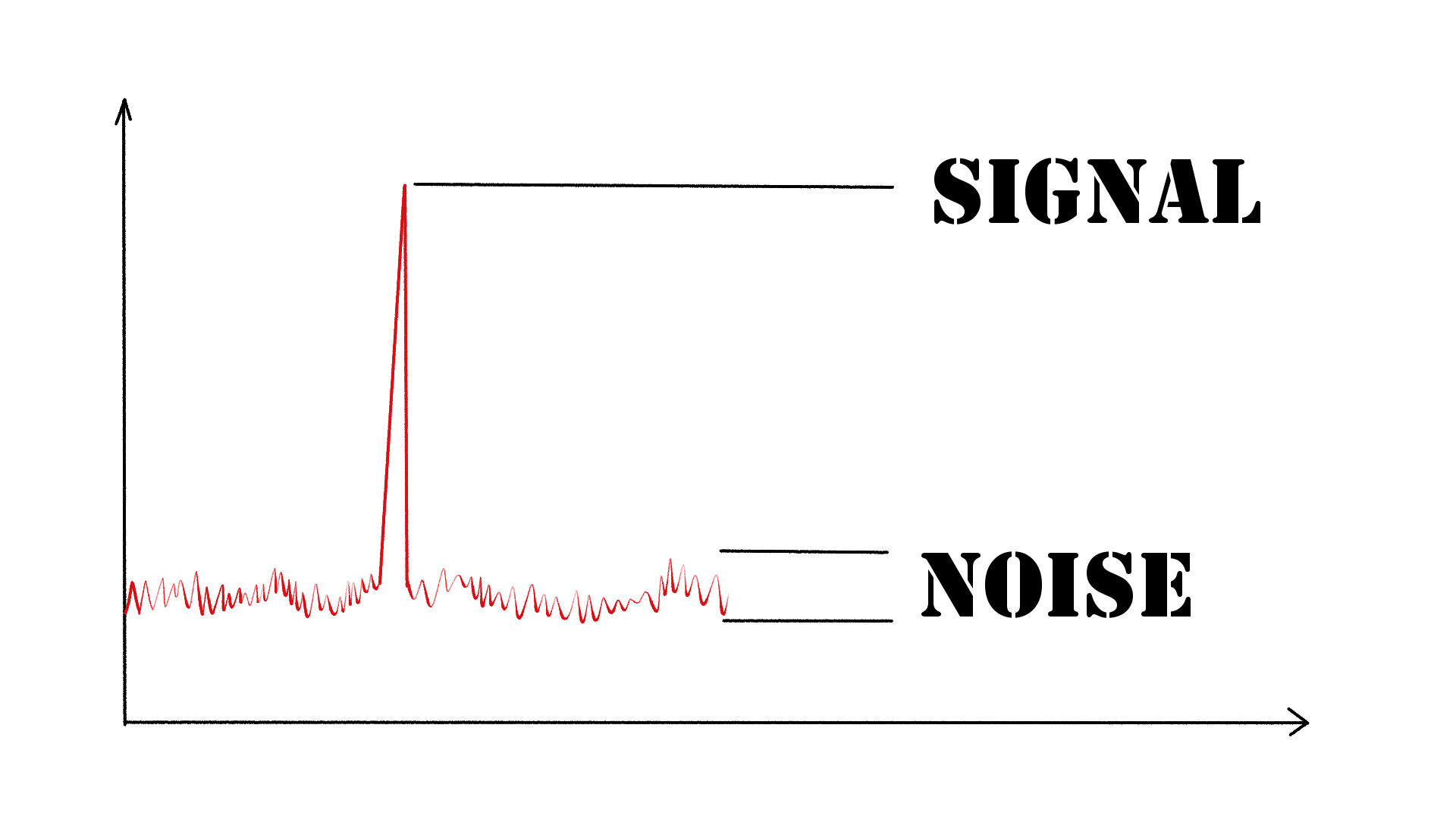I write a lot about the work and life of a professional dancer. Recently someone asks me when I consider someone to be a professional dancer. Good question. Let’s check it out.
What is a professional dancer?
When we look at the words’ definition only, we conclude that a professional dancer is someone who earns his money with dancing. That’s it if we are looking into terminology and what I use to determine if someone is a pro.
What we associate with the word professional
The word professional is loaded with a lot of meaning that is not really part of the package. Here is a list of things:
- better than amateurs
- always on time
- know exactly what they do
- always available for serious work
- do everything as long as you pay them
- comes prepared
- knows how to behave
And the list goes on. All of these can be true but don’t have to be.
There is also a difference in the mindset between two kinds of people who do business with dance. As much as I’d love to avoid this distinction, it often comes back to me in the form of “but he is not a professional dancer” or something that rhymes with it.
The professional dancer and the dance entrepreneur
You can be both, but most peeps aren’t. The regular professional dancers focus absolutely on their craft – the dance. They perform, teach and compete. That is the lifestyle that we love and surrounds the dance when you look at it outside the dance world.
The dance entrepreneurs dance as well, but they look for opportunities outside the dance as well to nurture their business. This can be the addition of work that synergizes with dance or doing jobs where knowing dance is a prerequisite. These could be social influencers, event promoters, corporate consultants, creatives, or health service providers who specialize in dance topics.
When I talk about the dance business, I usually speak about both of those and I would be happy if we would not need to separate those two.
The detail that makes all the difference
For many professional dancers, the perceived challenge is merely finding and doing more dance jobs. They care a lot about the question, “how can I get more dance jobs?” Whatever answer we find to that question is not the answer to building a sustainable and secure lifestyle around dance.
There are 2 particular reasons:
- As long as we look for jobs created by others, we are manoeuvring ourselves deeper into dependency and into a territory of pseudo-employment.
- If our only income source is the jobs we can do, we have a serious issue if we can’t do these jobs anymore. Injuries, government-regulations, loss of interest of the corporations giving us those gigs, … you name it. Almost everyone in dance knows someone who had to quit due to injuries. We can feel the pain of government regulations as a response to the pandemic right now. So this threat is real.
As an entrepreneur, you know about the importance of having multiple streams of income. Independence is the game, as is getting rid of middle-men where possible. This does not mean we can not do gigs with companies or dance paid shows with others. Both are significant parts of almost every dance business I know. The difference is that we don’t want to depend on them and have enough to offer on our own.
Then dance entrepreneur looks for additional ways to offer value and earn money. It is not important which kind you are, as long as you love what you do and feel secure enough. But when you feel the pain of uncertainty and the need for more stability, try to find additional income sources that synergize with what you do. Because you are leaving money behind and make your life harder than it needs to be.











